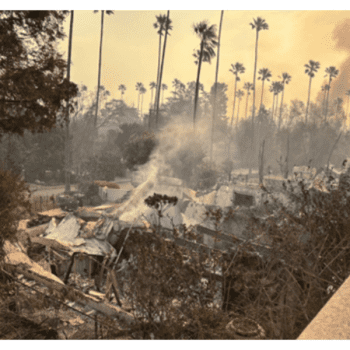Media demand drives the appearance of intense division.
I’ve never shared this publicly, but here’s a personal anecdote that illustrates a primary reason our divisions appear magnified far beyond what they are.
A number of years ago, I was essentially being “auditioned” as a cultural commentator on a major secular television outlet. As a researcher and an evangelical wife and mom, I was filling a given “seat” to respond to two or three other people with very different opinions about news of the day. I would go into the studio building to get my makeup and hair done, and then go sit on camera and cross swords.
Only … I didn’t cross swords enough. The newsy issues we discussed on set were interesting. (What was our reaction to the moral failure of this nationally recognized pastor, or that educational policy, or the latest racial controversy?)
But it became clear that the producers did not want interesting, reasoned discussion. They wanted sparring partners. I was invited back several times, but the last two times I noticed the senior producer’s annoyance when I agreed with the others in the areas where I could. The producer wanted to hear where I passionately disagreed. They wanted anger, controversy, and for us to find things we disagreed about.
My thoughts were too mainstream, and expressed too respectfully, so I was boring. I wasn’t invited back.
And can you blame the producers? Their job is to keep people from changing the channel. People who respond in reasonable ways—like the vast majority of us tend to do in our real-life living rooms and offices—aren’t riveting. Half of a producers’ job is to find issues on which we disagree, then find the people who disagree the most (or the most vocally), and get them on camera. Hot takes hold viewers.
Is it any wonder that it looks like we are hopelessly divided? Is it any wonder that it looks like people who disagree with us are hopelessly extreme? Because of what consumers want to see (all of us have to plead guilty), we are given exactly what we have asked for: division and discord and extreme presentations about “the other side.”
Again, I’m not discounting that there are issues that deserve intense focus and debate. But it is just as important that we navigate those issues well and that we recognize that those who hold intense and extreme positions on those issues are a small minority.














